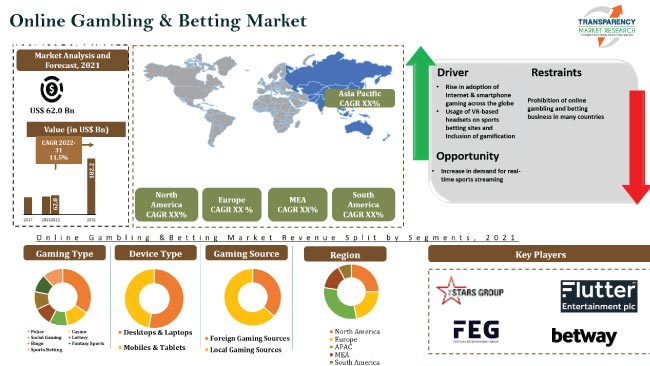
The landscape of global gambling is rapidly changing as governments around the world introduce new regulations and laws designed to address the growing popularity and complexity of the industry. These changes have a significant impact on both operators and players, influencing everything from the availability of online gambling to the way casinos are taxed. As more countries implement stricter regulations or embrace new opportunities for market growth, the international gambling market is experiencing both challenges and growth opportunities. In this blog, we’ll explore how new gambling laws are reshaping the global market and the implications for both players and businesses.
Stricter Regulations and Consumer Protection
One of the most significant trends in recent years has been the push toward more stringent consumer protection laws in the gambling sector. Countries like the UK, Australia, and parts of Europe have introduced laws aimed at reducing the risks of problem gambling and protecting vulnerable players. For instance, the UK Gambling Commission has enforced tighter regulations on online casinos, requiring them to conduct more thorough age and identity verification processes, as well as implementing measures to prevent gambling addiction, such as mandatory self-exclusion tools. These laws are designed to create a safer environment for players, but they also place additional compliance costs and regulatory burdens on operators, which could affect their bottom lines.
The shift toward consumer protection is not only about safeguarding individuals but also about ensuring that gambling operators are acting ethically and transparently. As a result, many countries are pushing for more transparency in terms of how operators promote their games, ensuring that players are fully aware of the risks and odds. While these measures can improve the public perception of the gambling industry, they also mean that operators must adapt quickly to keep up with the evolving regulatory landscape, especially when entering new international markets.
Opportunities in Emerging Markets
On the flip side, new gambling laws in certain regions are opening up significant opportunities for operators, especially in emerging markets. Countries like India, Japan, and several parts of Africa are beginning to embrace legalized gambling, driven by the potential for tax revenue and the desire to combat illegal, unregulated gambling activities. For example, Japan’s regulated sports betting market, launched in 2018 with the introduction of sports betting on certain events, has allowed operators to enter a new and potentially lucrative market. Likewise, the legalization of online gambling in various parts of Latin America, such as Colombia and Brazil, has created new revenue streams for global operators looking to expand.
These markets are often seen as “blue oceans,” where competition is still relatively low compared to more saturated regions like Europe and North America. However, entering these markets is not without its challenges. Operators must navigate complex local regulations, cultural sensitivities, and in some cases, the digital infrastructure needed to support online gambling. Furthermore, the growing mobile gambling trend is particularly strong in emerging markets, as smartphones become the primary device for online gambling. As a result, operators must tailor their products and services to meet the specific needs of players in these regions, offering localized content and payment methods that cater to local preferences.
The Rise of International Licensing and Cross-Border Expansion
As the global gambling industry becomes increasingly interconnected, the rise of international licensing and cross-border expansion is another important development. More jurisdictions are offering licenses to online gambling operators, allowing them to cater to a broader international audience. For example, Malta, Gibraltar, and Curacao are popular licensing hubs for online casinos and sportsbooks, providing operators with a reputable and cost-effective platform for conducting business in a regulated environment. The rise of these international licensing bodies has made it easier for companies to expand into new markets, as long as they meet local regulatory requirements.
However, this expansion is not without challenges. Operators must comply with local laws and regulations in each country they wish to enter, meaning that they need a robust compliance strategy and legal expertise to avoid penalties or even being banned from operating. As more countries tighten their regulations or impose new taxes, the need for operators to stay on top of these developments becomes more critical. Failure to do so could lead to significant losses or reputational damage.
Conclusion: Adapting to an Evolving Market
The impact of new gambling laws on international markets is multifaceted, with both challenges and opportunities for operators and players alike. Stricter regulations are undoubtedly creating a safer environment for players, but they also pose operational hurdles for gambling businesses. At the same time, emerging markets are offering exciting growth opportunities for operators willing to invest in compliance and localization efforts. As the gambling industry continues to expand globally, understanding and adapting to local regulations will be crucial for businesses that want to thrive in an increasingly complex landscape.
In the years ahead, it’s clear that the gambling market will continue to evolve rapidly, with new laws, technologies, and market dynamics reshaping the way players and operators interact. By staying informed about the latest legal developments and adjusting strategies accordingly, operators can tap into new revenue streams while ensuring responsible and sustainable growth. For more insights into the impact of gambling laws on global markets, check out this guide to gambling regulations worldwide.
Join KKClub.pk Today and Claim Your Exclusive Welcome Bonus!
